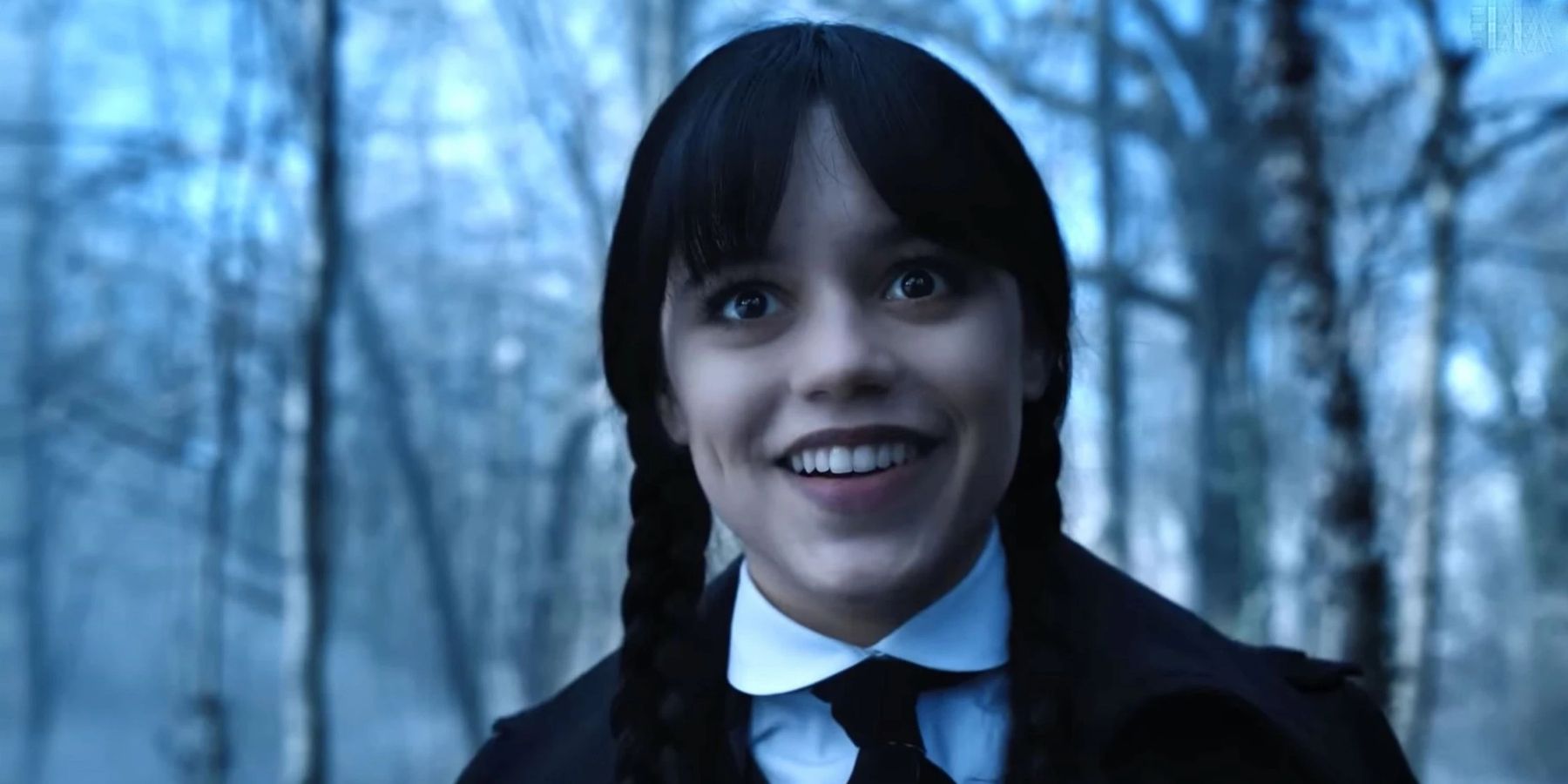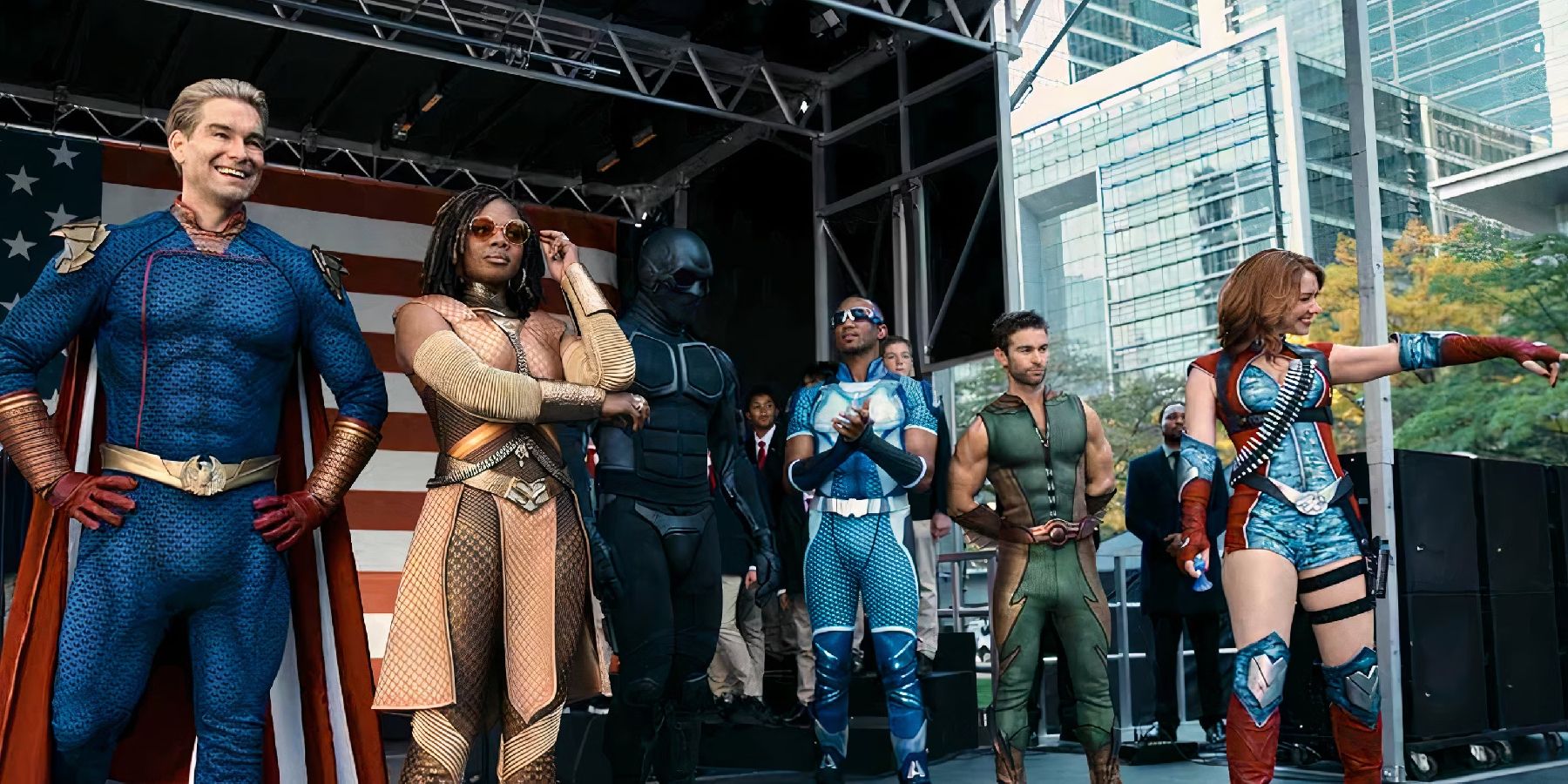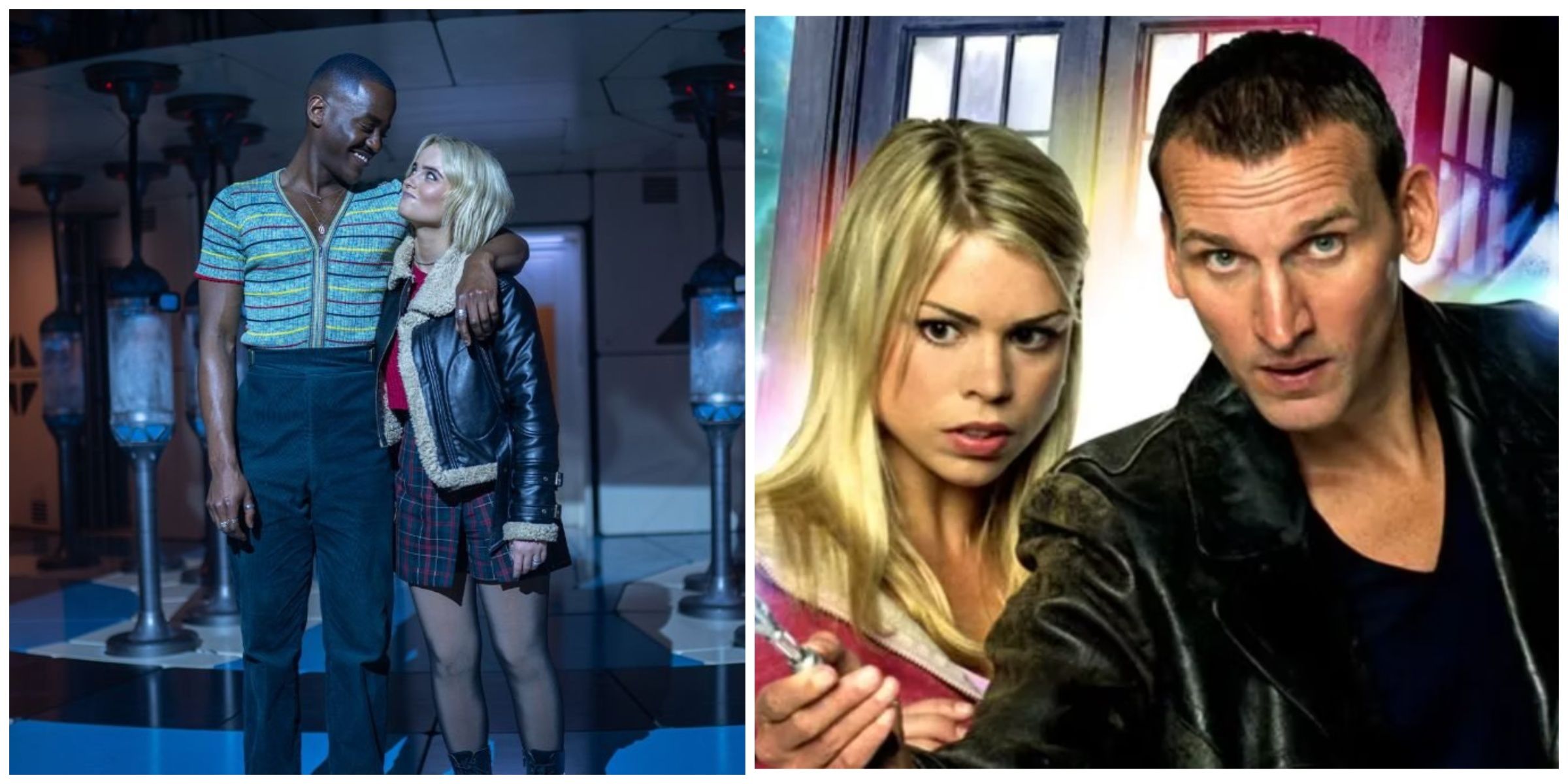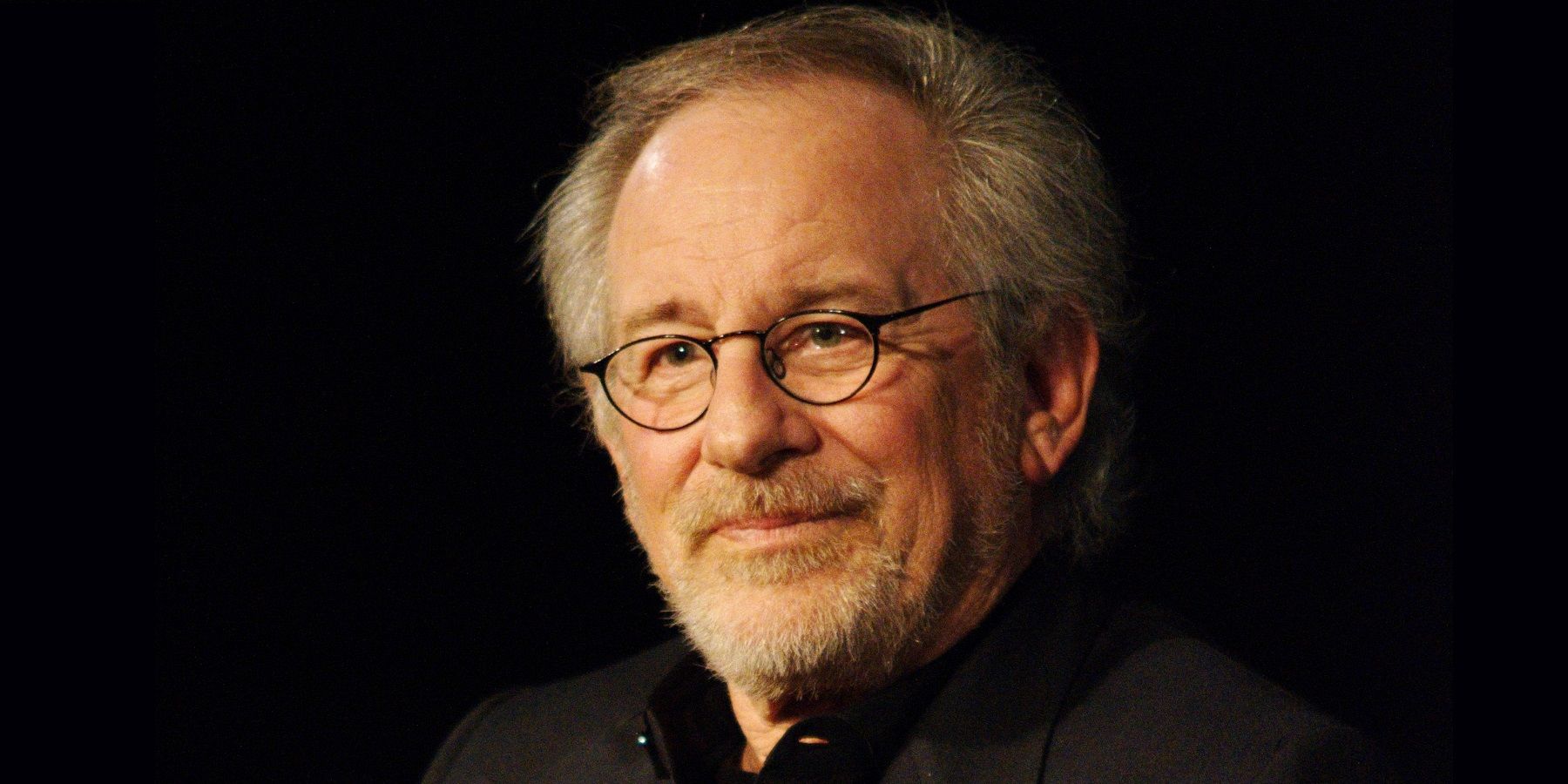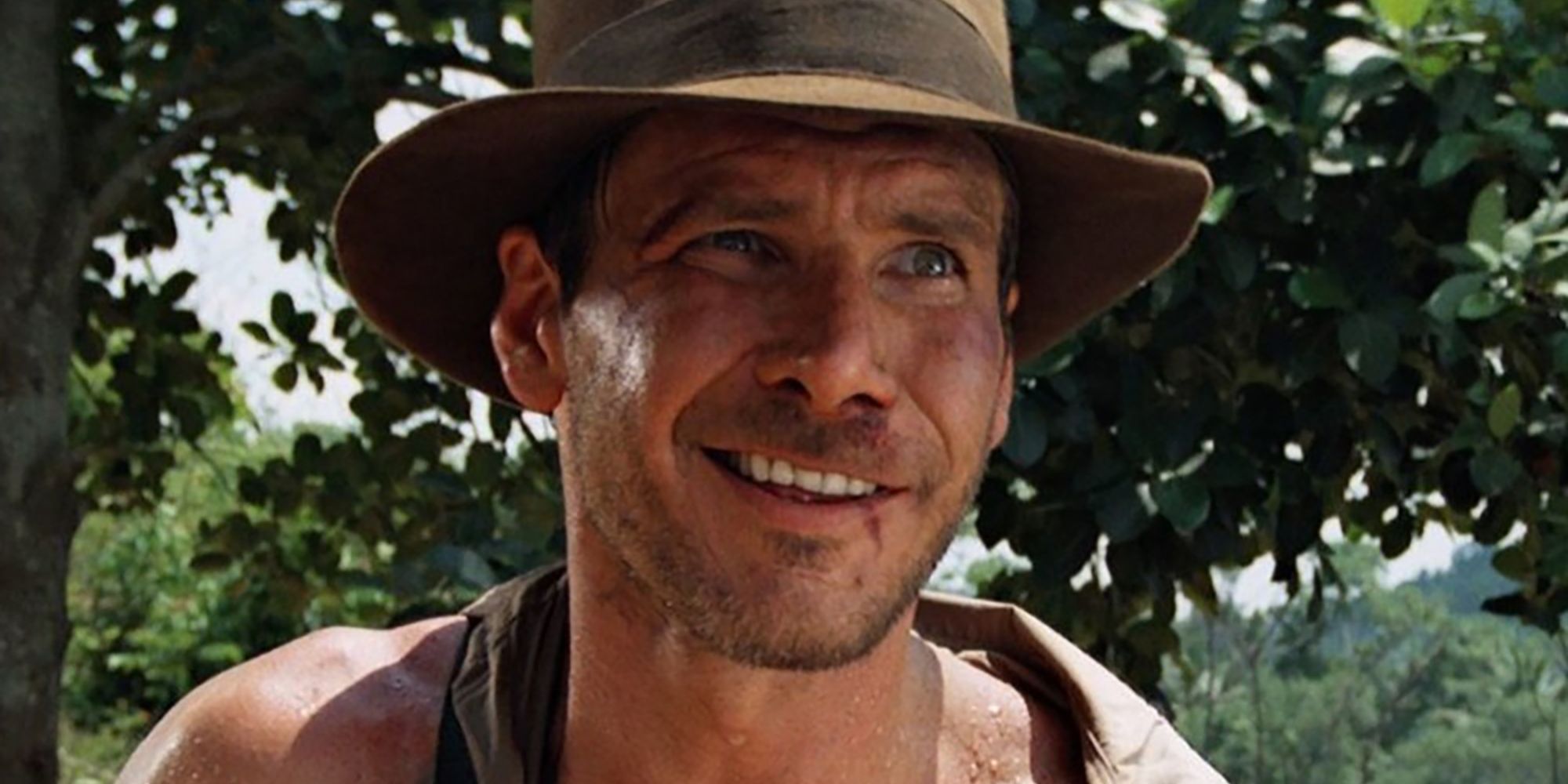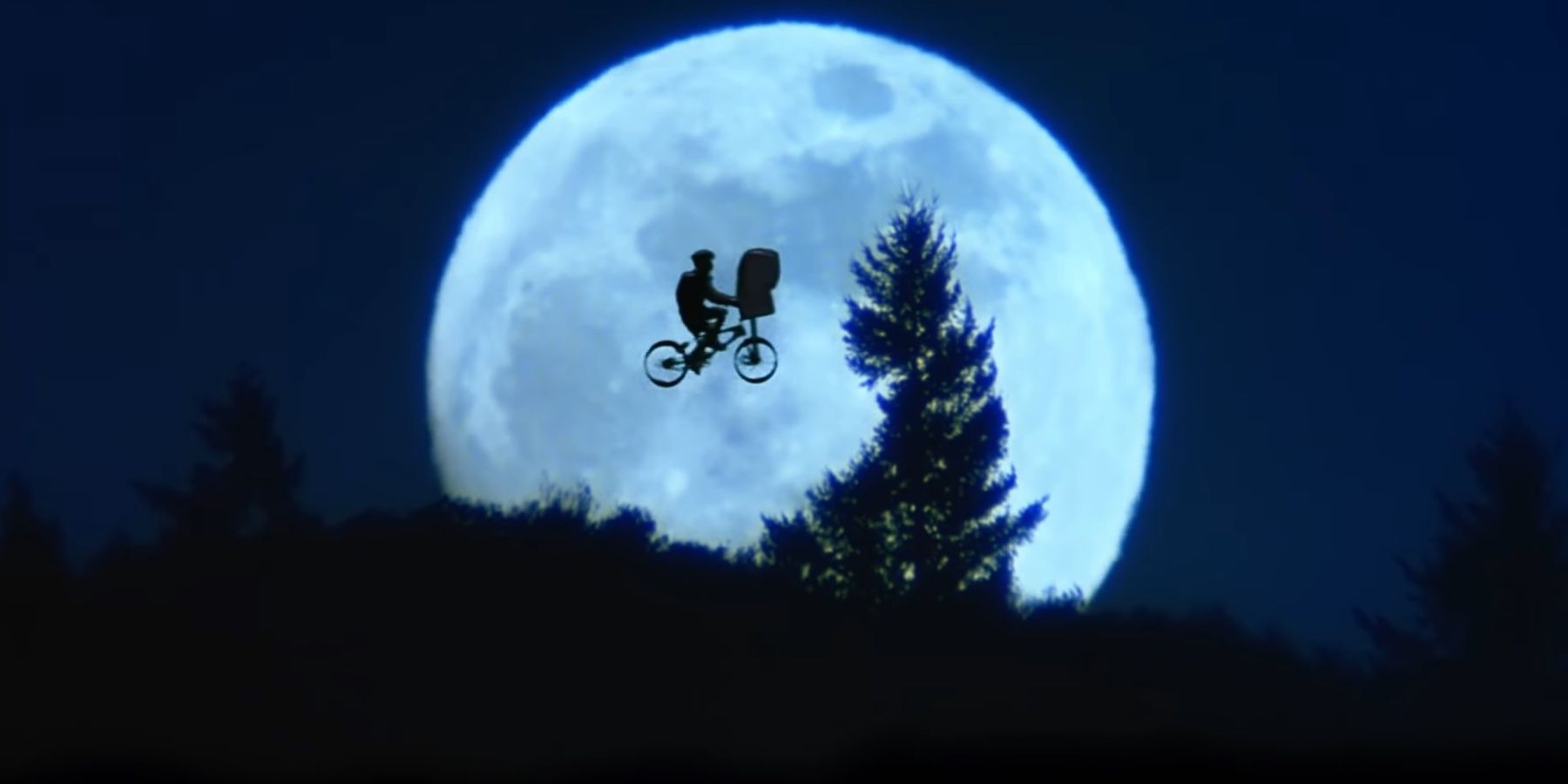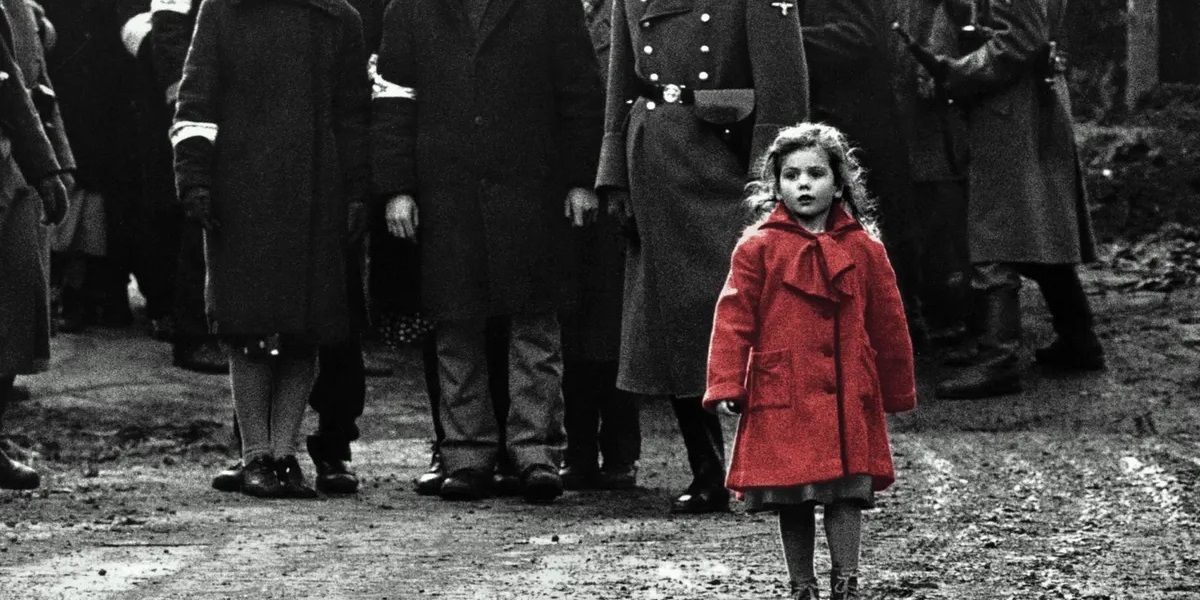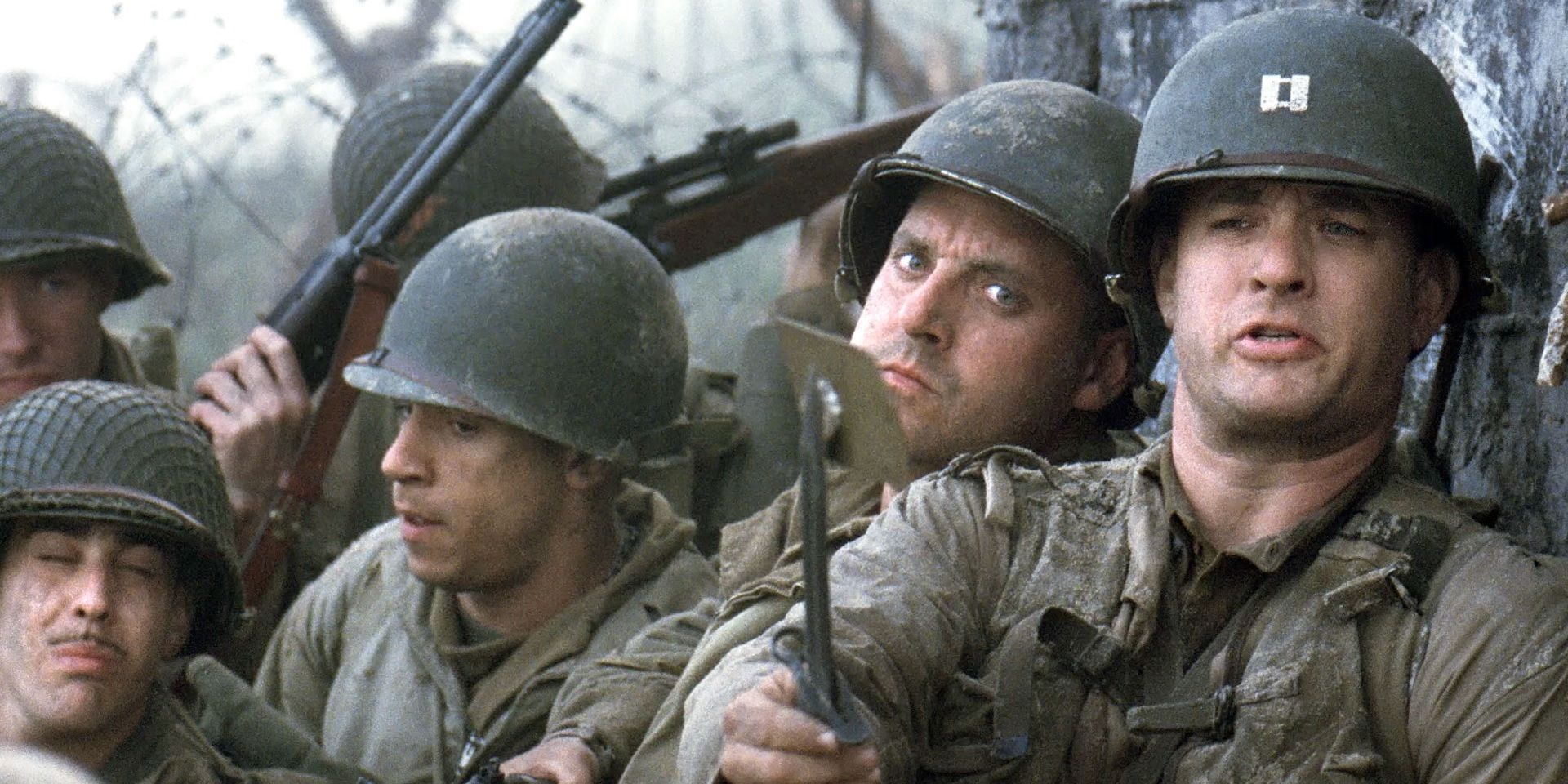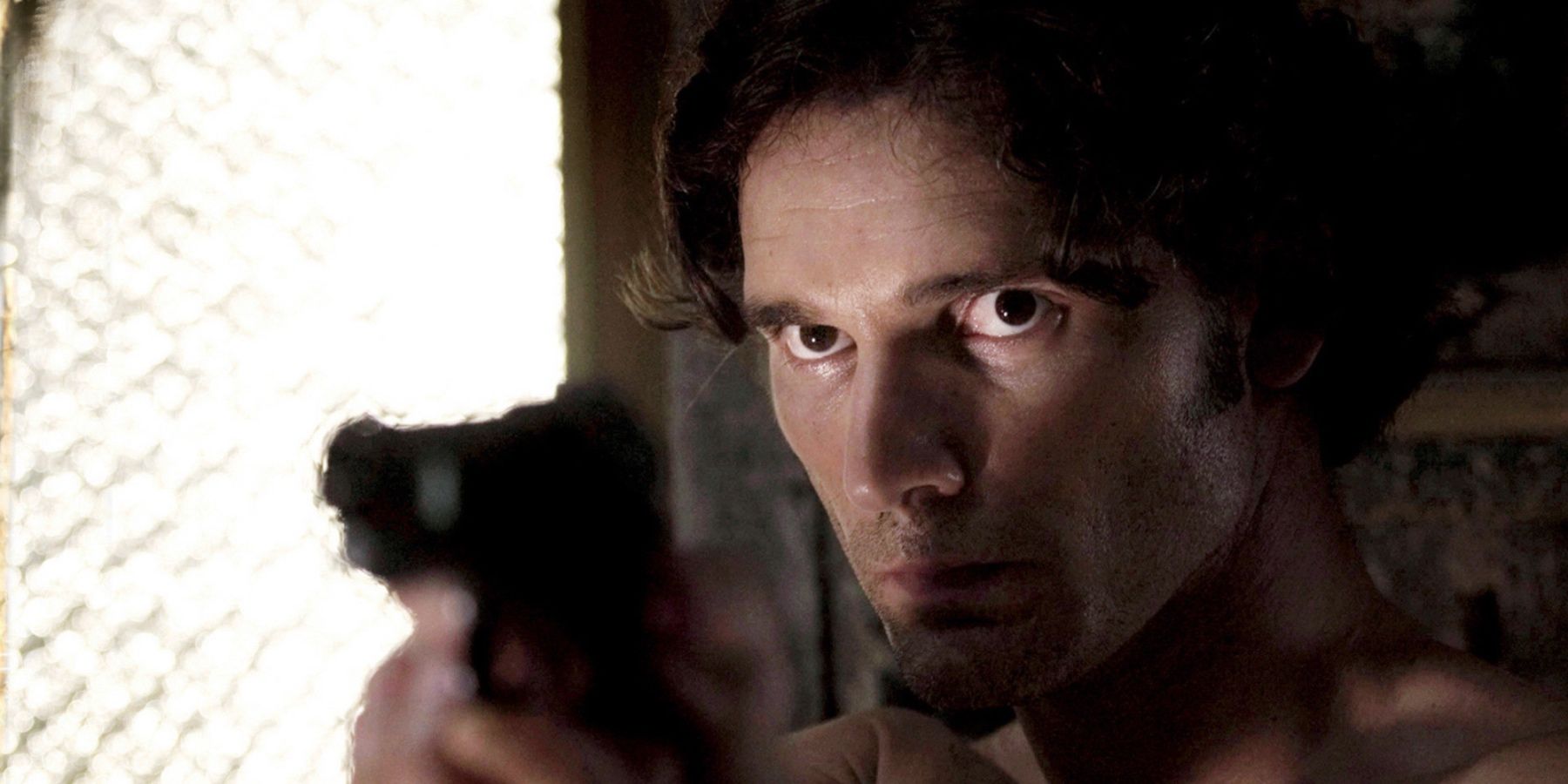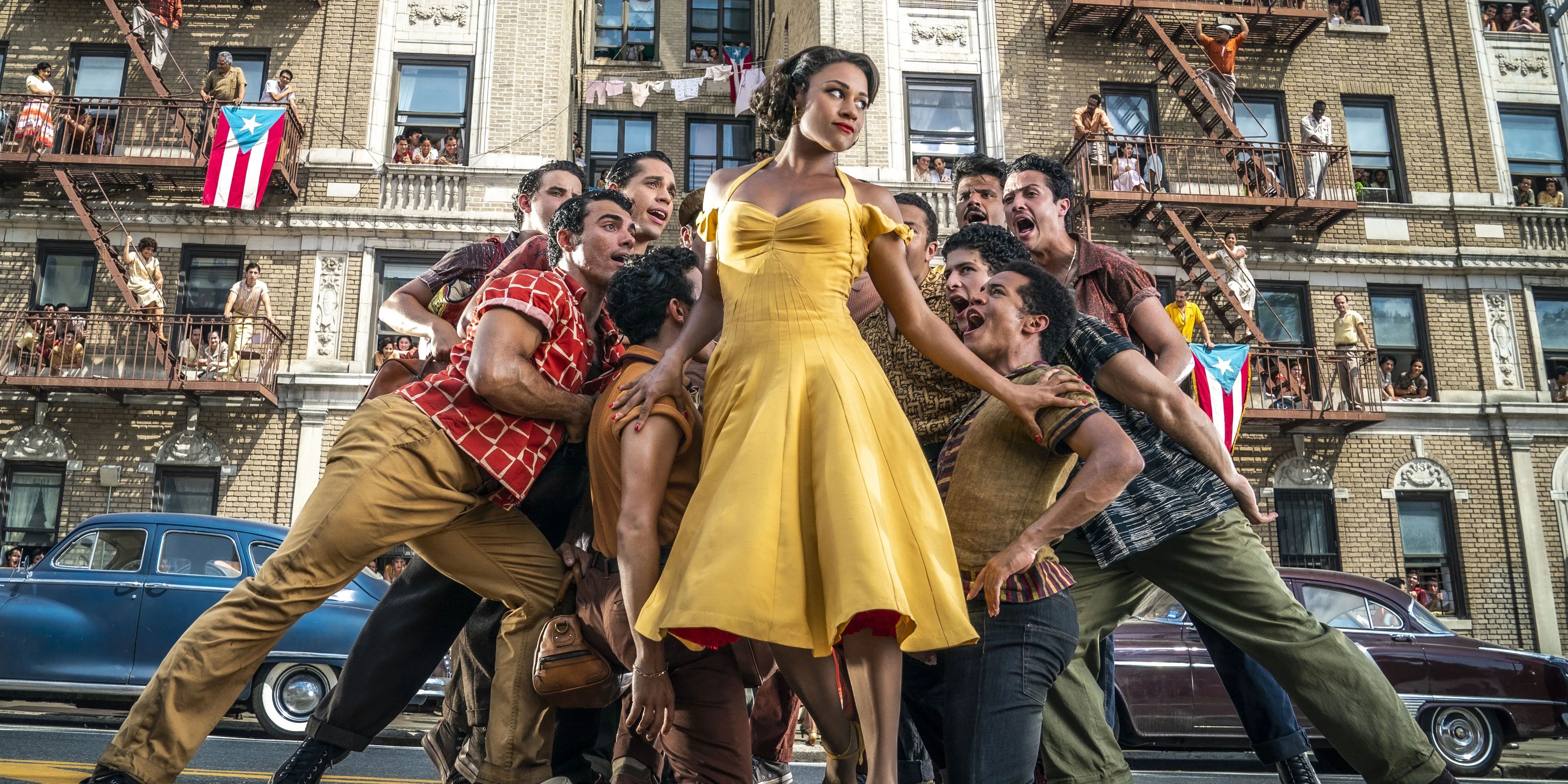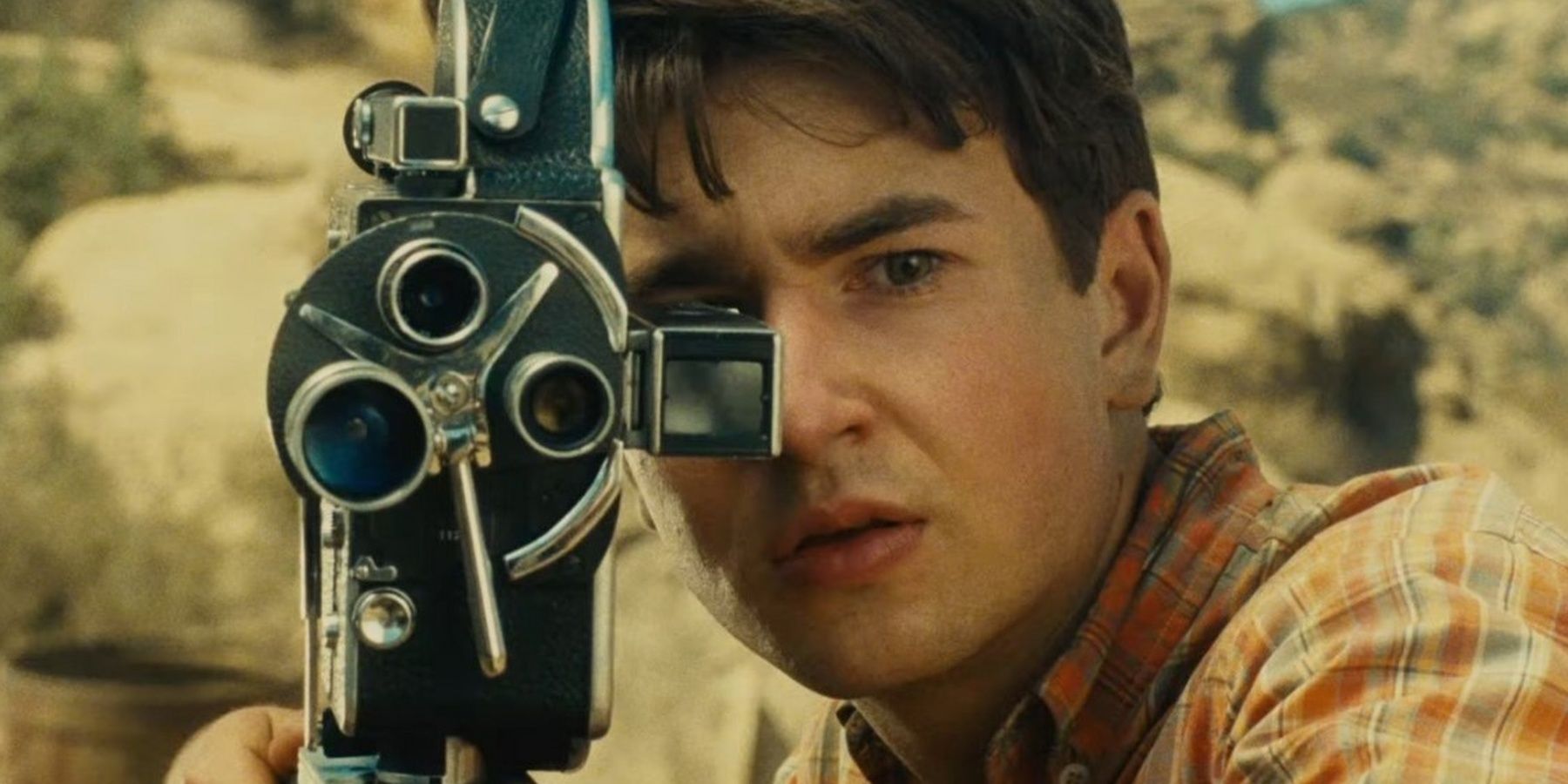The extensive list of films by Steven Spielberg confirms one thing: there is not a genre that the filmmaking titan can not master. From beginning his career as a B-horror movie director, he is now regarded as one of the most prolific and greatest directors in the history of film. From sharks and dinosaurs to wars and alien encounters, he has challenged himself by pushing the boundaries of each movie he has made — all while demonstrating his command over the craft.
The mastery of his camera isn’t just limited to his spectacular visual effects or trademark angles, but his ability to take a humanistic approach towards every story he tells.
Close Encounters of the Third Kind (1977)
To receive critical acclaim for a sci-fi flick the same year when Star Wars was released is no easy feat — and yet Steven Spielberg managed to do just that with what was his only third feature film. However, despite being considered one of the greatest works produced in that genre, it is not a conventional science fiction movie. Take away the stunning visual effects, the jarring music and Spielberg’s early fixation on aliens, and you are left with a moving story of an ordinary man and his encounter with the extraordinary.
This was the first picture that earned Spielberg his first Oscar nomination, which he eventually lost to Woody Allen for Annie Hall. Nonetheless, the movie was a master stroke and marked the beginning of his legacy.
Raiders of the Lost Ark (1981)
When Spielberg shared his desire to make a James Bond movie with good friend George Lucas, the latter gave the idea of a fedora-wearing, bullwhip-carrying archeologist hero instead. And that is how a worldwide phenomenon was born.
With its iconic set pieces, fast-paced action, quick-witted dialogues and infectious energy, Spielberg leads the audience in a highly entertaining and engrossing relic hunt, complete with mystical and otherworldly elements. Even though Spielberg lost to Warren Beatty for the epic historical drama Reds, Raiders of the Lost Arkleft a large cultural footprint, showcasing the director’s versatility.
E.T. the Extra-Terrestrial (1982)
Spielberg’s revisit to outer space is full of child-like wonder and innocence. There is a sense of magic in every scene involving the two central characters of E.T. the Extra-Terrestrial, which goes beyond flying bikes and glowing fingertips. Even though Spielberg did not intend this to be a movie for the mass audience, it ended up being one of the most referenced and parodied films to be ever made.
This coming-of-age story of a child and his alien friend is all heart, and ended up being the highest-grossing film of all time then. It was also Spielberg’s first movie to win a nomination for Best Picture, which it eventually lost to Gandhi. The latter’s director, Richard Attenborough, also won Best Director that year.
Schindler's List (1993)
It was hard to believe at that time that a sci-fi enthusiast, who brought dinosaurs back to life, could capture the magnitude of the Holocaust on screen — and yet he did. The careful portrayal of Oskar Schindler, the black and white presentation of the film, the shooting of several actual locations from the story’s events, and featuring the actual people Schindler saved — all went on to create one of the most profound movies in the history of cinema.
Schindler’s List came out more than a decade after E.T. and Spielberg had not received any Oscar nominations during that time. This film, with its brutal honesty and deep sincerity, earned him his first Best Director award.
Saving Private Ryan (1998)
Spielberg defies all the clichés of a war film with an unflinching take on how a generation numbed itself to fight a battle that life had not prepared it for. The graphic footage of the spilled blood, the broken limbs and the deliberate mayhem run parallel to the camaraderie, the patriotism, and the resolute courage – making this one of the greatest war movies ever made.
This was Spielberg’s second win for Best Director at the Academy Awards.
Munich (2005)
Focused on one of the biggest global conflicts there is, Spielberg makes a subtle yet bold political statement with this film. While it may have caused some controversy at that time, its sole intention was to lead the way to a more open and effective dialogue between the relevant parties.
Although the Oscar for Best Director didn’t come Spielberg’s way that year (Ang Lee won for Brokeback Mountain instead), it once again proved his ability to tackle any theme, emotion and genre.
Lincoln (2012)
Focused on the last few months of Abraham Lincoln’s life until his assassination, this biopic is far from just being a history lesson. The audience gets familiar with the down-to-earth, steady, wise folk-hero as he works towards what became his biggest triumph: getting the 13th Amendment passed by the House of Representatives to end slavery.
Even though Ang Lee won the Oscar again that year for Life of Pi, Spielberg’s unconventional biopic is still considered a monumental achievement.
West Side Story (2021)
An adaptation of the beloved Broadway play, Spielberg’s first musical stays loyal to the original while also incorporating a few, fresh changes. The result is a colorful, energetic cinematic experience that is as dazzling as the 1961 film, if not more. His brilliant choreography is reflected in how the actors display a range of emotions — anger, longing, passion — through fluid, elegant movements.
Spielberg lost the Oscar to Jane Campion for Power of the Dog, but his remake of the classic musical certainly revived that genre.
The Fabelmans (2022)
At the center of some of Spielberg’s most noteworthy films, there are glimpses into the life of a child who feels broken about his parents’ divorce. The quarreling parents in Close Encounters of the Third Kind. The painful absence of a father in E.T. The flight response of a son in Catch Me If You Can when his parents' marriage ends. As a thinly veiled picture of Spielberg’s own childhood, The Fabelmans is the story of a couple drifting apart while their child explores his potential as a filmmaker. Whether it is to find refuge from reality or to show others the ideal version of themselves, the movie reminds viewers of the power of cinema.
The Best Director nomination for this film made Steven Spielberg currently the second-most nominated director (along with Martin Scorsese) in the history of the Oscars.

